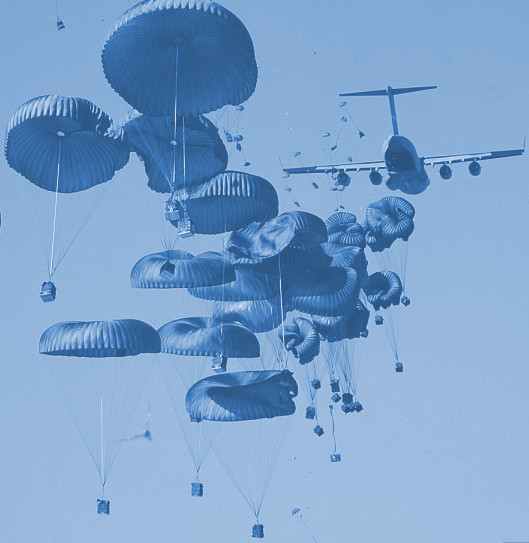Military mooted for health missions
 Experts say the military can wage war on global health issues.
Experts say the military can wage war on global health issues.
A new report, ‘Militaries and Global Health: Peace, Conflict, and Disaster Response’, has been published in medical journal The Lancet.
One of its contributors, Associate Professor Adam Kamradt-Scott from Sydney University, says governments around the globe are showing a growing willingness to use militaries to support global health, but more comprehensive guidelines and strategies are needed.
The report looks at the varied roles, responsibilities and approaches of militaries in delivering global health, drawing on examples and case studies across peacetime, conflict and disaster response environments.
The experts say military engagement in global health is often driven by defence and security objectives, which can put them at odds with humanitarian principles and run contrary to global health objectives.
However, in peacetime, militaries are heavily engaged in research and development, and military health scientists and practitioners have been at the forefront of key advances in public health domestically and internationally, since the eighteenth century.
They argue a balance between military and civilian global health capacities is necessary to help build capacity and medical readiness across different countries.
“The involvement of military personnel in health emergencies has traditionally been controversial, but disease outbreaks – such as pandemic flu, cholera, and Ebola and Zika viruses – are legitimate national security threats. In some contexts, military assistance may be the only option where civilian capacity is inadequate,” said Associate Professor Kamradt-Scott.
He said the current Ebola outbreak in the Democratic Republic of the Congo may serve as an example where militaries might potentially support public health objectives.
“Rebel forces have complicated the public health response to the recent outbreak by murdering UN peacekeepers and impeding the contact tracing and vaccination campaign that is underway. Military assistance may prove helpful here in bringing stability to the region so the public health efforts to eradicate Ebola can continue unimpeded, but this again demonstrates the urgent need for understanding how to guide and govern military engagement in global health.
“Disease outbreaks are going to continue to occur, and we need to make sure we have agreed on where the ‘red lines’ are – what are the types of activities militaries can be reasonably asked to perform and what they should not do.”
The publication proposes potential strategies for more effective engagement of militaries in global health, including developing mechanisms for communication, coordination, and joint action across relevant entities at national and global levels.







 Print
Print